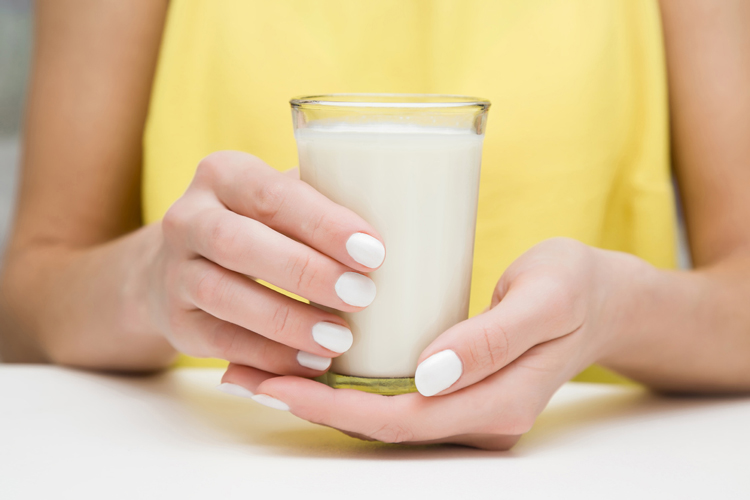
When you’ve put in a long day’s work, completed a workout, or are simply just thirsty, a glass of milk may not be the first beverage a person thinks about to quench that desire for hydration and refreshment. However, we know the benefits of chocolate milk as a workout recovery drink and have seen dairy processing by-products be used successfully in innovative ways to develop nourishing sports drinks. The question is: How does milk do it?
Milk’s 13 essential nutrients provide fuel the body needs to function, grow, and maintain. The key to its hydration ability is in those nutrients, too, specifically the minerals and protein, along with milk’s lactose and fat.
Farmers know that supplying electrolytes helps support dehydrated calves. In general, electrolytes are minerals. Milk boasts plenty of minerals, especially calcium and potassium. The National Dairy Council’s Katie Brown described in an article with EatingWell that milk’s mineral profile helps the human body maintain an appropriate fluid balance and retain the fluids we consume, which is key to staying hydrated.
Absorbing fluid in the first place is supported by carbohydrates. Milk’s natural sugar, lactose, is one type of carbohydrate that helps this critical function.
The electrolytes and carbohydrates of milk are what’s highlighted in GoodSport, a sports drink made by ultrafiltering out milk’s protein to create a clear liquid that’s a by-product of whey protein production.
Milk’s lactose, as well as its protein and fat, also help slow down the process of digestion. This allows the body to more gradually absorb the fluid in milk and the foods eaten alongside it, resulting in longer-lasting hydration.
And of course, we can’t overlook the fact that milk is nearly 90% water when considering how it packs such a punch of hydration.
Those reasons are why a handful of research studies have found that milk can provide better hydration than water or even sports drinks. While water is still a critical nutrient and important part of the diet, milk is a great hydration option especially after light to moderate exercise.

Katelyn Allen joined the Hoard’s Dairyman team as the Publications Editor in August 2019 and is now an associate editor. Katelyn is a 2019 graduate of Virginia Tech, where she majored in dairy science and minored in communication. Katelyn grew up on her family’s registered Holstein dairy, Glen-Toctin Farm, in Jefferson, Md.





